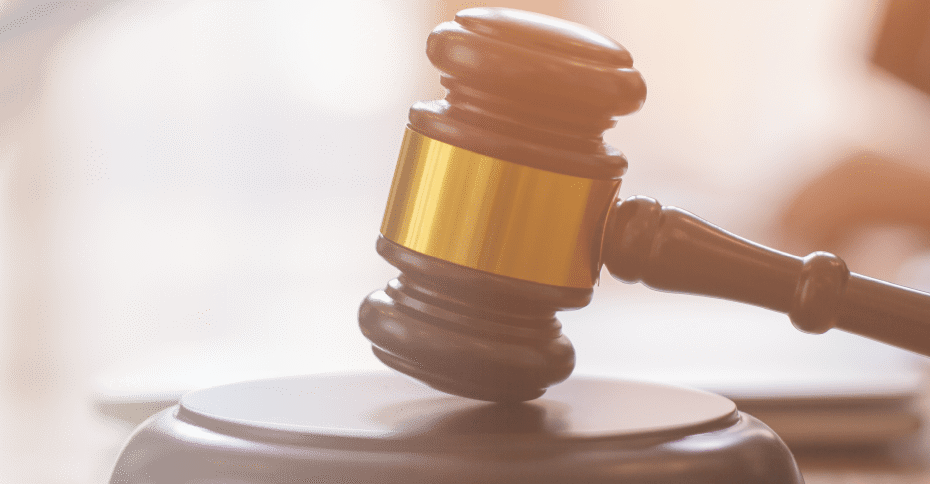The rapid advancement of technology has ushered in the digital age, revolutionizing the way we create, consume, and distribute content. With this transformation, copyright law, which aims to protect creative works and incentivize innovation, faces unprecedented challenges. In this blog post, we will explore the profound impact of the digital age on copyright law, examining the opportunities and complexities that arise in the realm of digital content creation and distribution.
The Digital Age Dilemma: Easy Reproduction and Distribution
One of the most significant challenges presented by the digital age is the ease of reproduction and distribution of copyrighted content. Copyright holders find it challenging to maintain control over their works due to the ease with which content can be shared and reproduced thanks to digital formats and the internet. This tendency has resulted in widespread piracy, which has an effect on sectors like publishing, movies, and music.
The Rise of User-Generated Content
The digital age has also witnessed the emergence of user-generated content. The distinction between content producers and consumers has become more hazy as a result of the tools that platforms like YouTube, Instagram, and TikTok have given users to create and distribute their content. As people remix and adapt old works in innovative ways, this shift undermines conventional ideas of copyright. Copyright legislation must strike a careful balance between safeguarding original creators and promoting this collaborative and creative culture.
Evolving Business Models: Subscription Services and Streaming Platforms
The way that we access and consume media has changed as a result of subscription services and streaming platforms like Netflix, Spotify, and Kindle Unlimited. For a monthly subscription, these platforms provide access to enormous libraries of content, but the rights and royalties of creators have become more complicated due to their licensing agreements and revenue-sharing structures. Copyright legislation must be updated to reflect these changing business models. This change in legislation will ensure fair compensation and safeguard the interests of both creators and consumers.
Challenges of Enforcement and Digital Rights Management
In the digital age, enforcing copyright can create many challenges. Technologies such as Digital Rights Management (DRM) have been created to safeguard digital content from illicit use and distribution These policies, however, frequently draw criticism for restricting fair use rights and impeding innovation. It’s still difficult for lawmakers and owners of copyright to strike the correct balance between copyright protection and respecting user liberties.
International Perspectives and Harmonization
The digital era has brought people from all around the world together like never before. This interconnection has brought about the necessity of international cooperation and the harmonization of copyright laws. Given the global nature of the internet, it is essential to establish uniformity and compatibility among copyright regimes to handle cross-border infringement and allow the fair exchange of ideas and creative works.
Opportunities for Creators in the Digital Age
The digital era undermines copyright laws, but it also gives creative access to unheard-of opportunities. Creators can now reach a sizable audience without the use of conventional middlemen because of the internet’s opening up of international distribution channels. Digital platforms offer visibility, crowdfunding choices, and ways to make money through sponsorships and advertising. The democratization of content creation tools has also given people from all walks of life the freedom to express their creativity and tell their tales.
Navigating the Dynamic Landscape of Copyright Law in the Digital Age
The landscape of copyright law has undergone tremendous change in the digital age. Copyright law faces a wide range of complex problems due to the ease of copying and distribution, the increase of user-generated material, shifting business models, enforcement difficulties, and the requirement for international cooperation. It’s still difficult to strike the correct balance between defending creators’ rights, supporting innovation, and facilitating access to creative works. But the digital era also provides enormous opportunity for producers to connect with a worldwide audience and for people to participate in a collaborative culture. Copyright law must change as technology does in order to stay effective and relevant in this fast-paced digital era.
